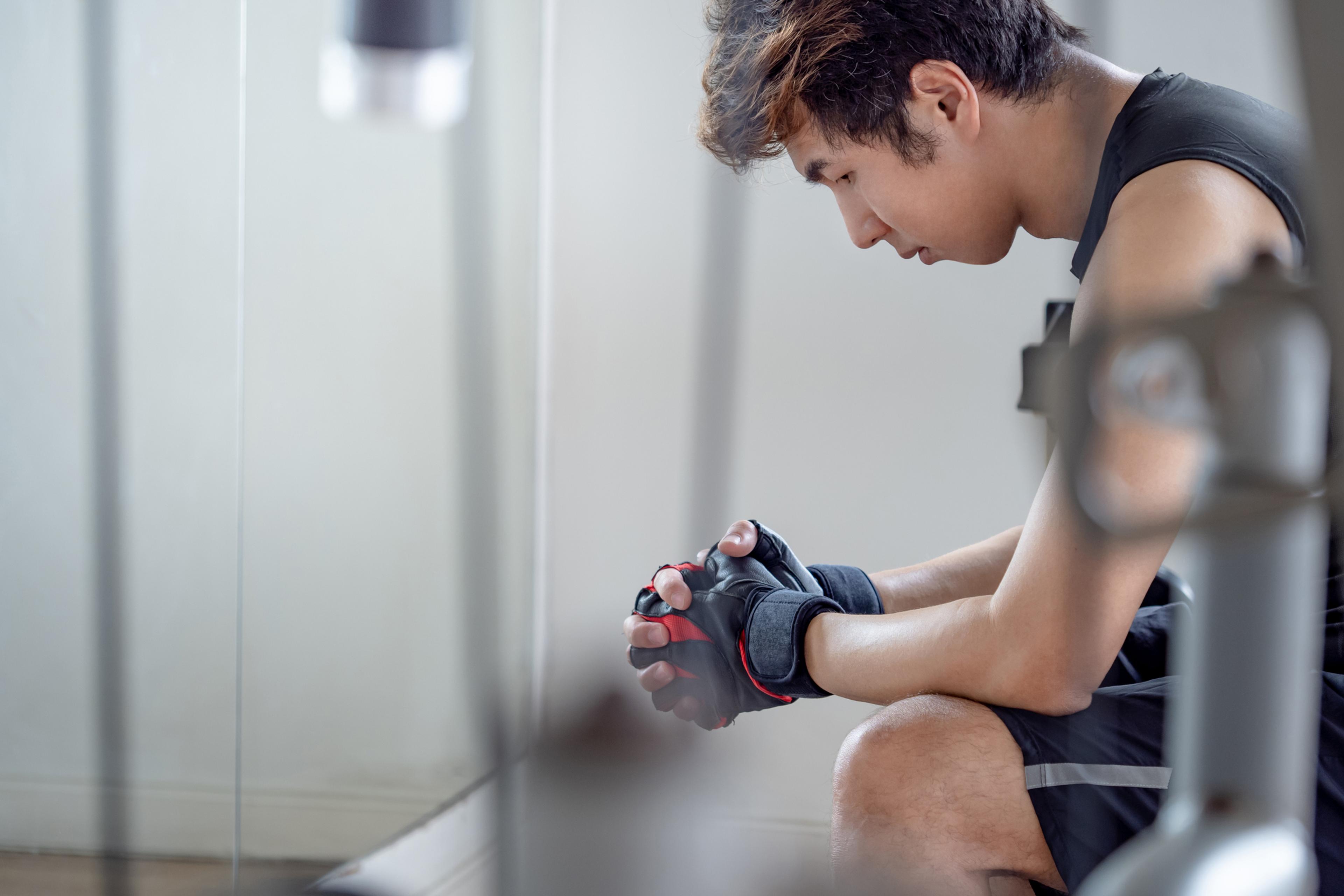
Clutter isn’t just messy and disorganized, it can be bad for your physical and mental health. The science of decluttering shows it can improve focus, reduce anxiety and help deter procrastination.
“Existing in a cluttered environment taxes our brains because the cluttering objects compete for our attention,” according to Dr. Scott Bea, a clinical psychologist.
Science has shown the visual clutter around us can have an impact on us both mentally and physically. Here are five examples:
- Clutter can increase cortisol, the “stress hormone.” A study by UCLA found a link between a high density of household objects and elevated cortisol. Messy spaces signal the need for future cleaning, and the mental weight of knowing it needs to be addressed increases stress.
- Clutter can increase negative feelings and lead to depression. In the same UCLA study, researchers found clutter affected mood and self-esteem. An overly messy space may lead to feelings of shame, guilt or inadequacy.
- Clutter can decrease our ability to focus and be productive, according to the Mayo Clinic.
- Clutter can cause sleep loss. Studies by St. Lawrence University and Princeton University showed people with cluttered homes tend to suffer from insomnia or feel tired because they use their mental energy on the stress of clutter.
- Clutter can negatively impact your weight. Studies show that people with messy homes are 77% more likely to be overweight or obese. Also, people with cluttered homes tend to consume more unhealthy food and they tend to have lower physical activity.
How to declutter your home
Follow these tips to tackle the clutter in your home or office space:
Do the internal work.
Sometimes we need to address internal issues around “why” we have clutter before we can tackle it for good. Are you emotionally attached to things? Do you buy things to feel safe or happy? Try to determine why you have been unable to address clutter for good.
Start in the entry.
Researchers have found that people have lower stress levels if they enter their homes in a clutter-free space. If it has elements of nature, it helps even more with the restful transition to home.
Work in short increments.
Small successes of decluttering will strengthen your organization skills and build your confidence and self-efficacy (seeing yourself as competent). Spend 5-10 minutes a day addressing clutter.
Ask for help if you’re overwhelmed.
A trusted friend/family member or professional can help.
Test whether you will miss it.
Fill a box with items that could be donated. Seal it and put it in your closet. If it hasn’t been opened in six months, donate it — unopened — to a charity.
Address digital clutter.
Files on your desktop and notifications on your computer or phone increases mental and visual clutter. Turn off notifications and place your phone face down when you need to focus. Clear off your desktop of icons and files. Don’t use your inbox as a file cabinet or to-do list.
Don’t try to be perfect.
If you use something a lot, like a coffee maker, there’s no need to hide it so your counter is completely cleared. Your space needs to be functional for your needs.
You can sign up for future employer-focused and general interest webinars here, where you’ll find past sessions and resources.
Related:
- How to Promote a Healthy Work Environment During the Pandemic
- Addressing Burnout as Employees Return to the Office
- Creating Micro Habits to Achieve Big Goals
Photo credit: Getty Images
You May Also Like

Keep Your New Year’s Resolutions in Perspective with These Mental Health Tips
Medically Reviewed by: Dr. Kristyn Gregory, D.O.




